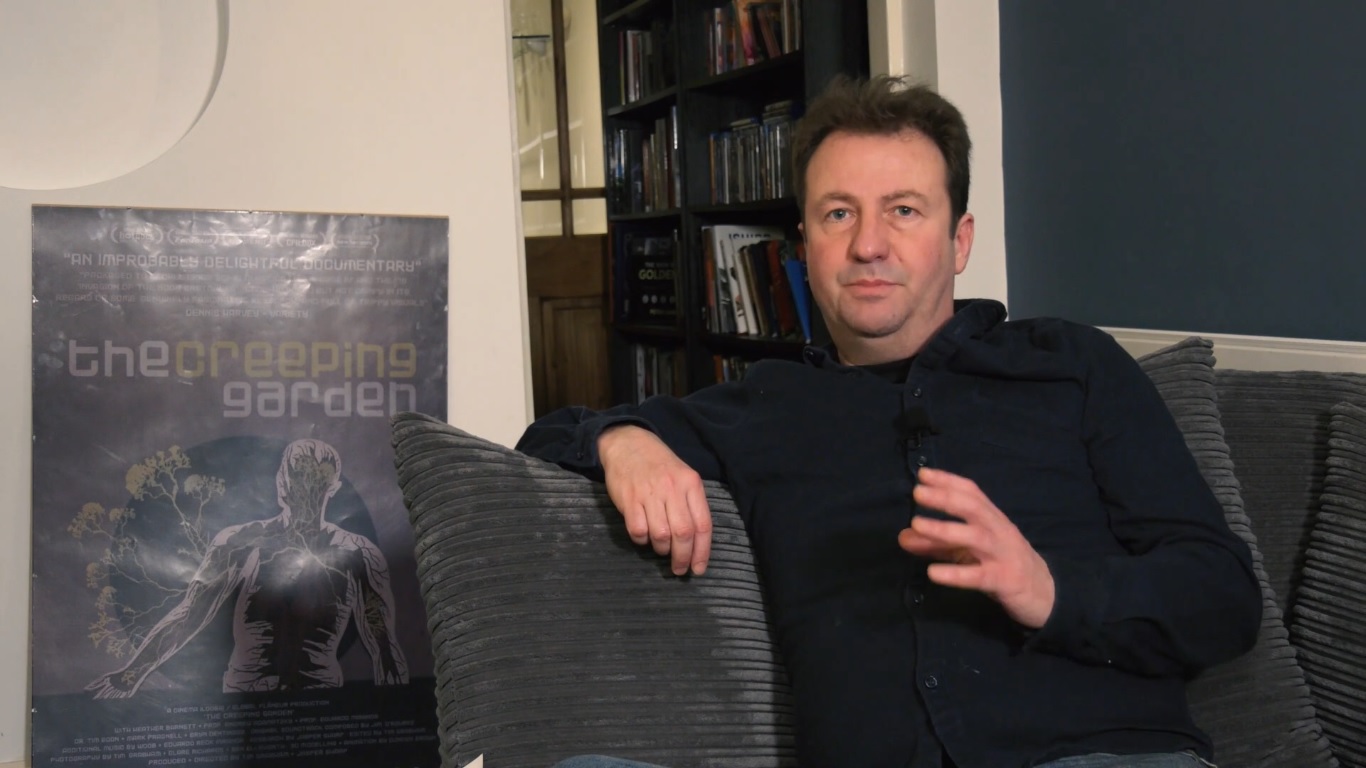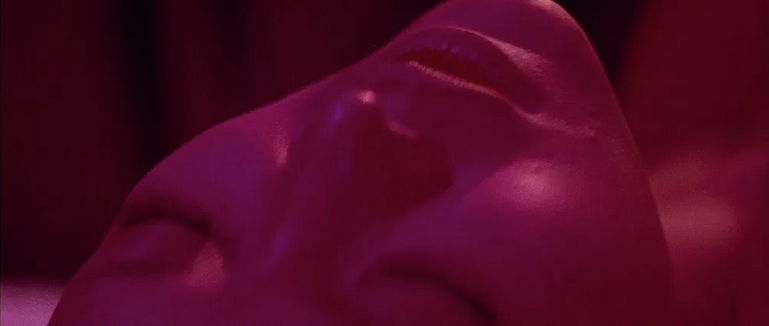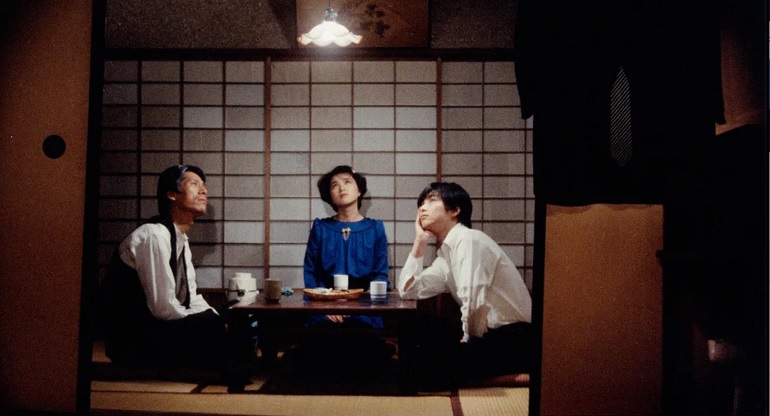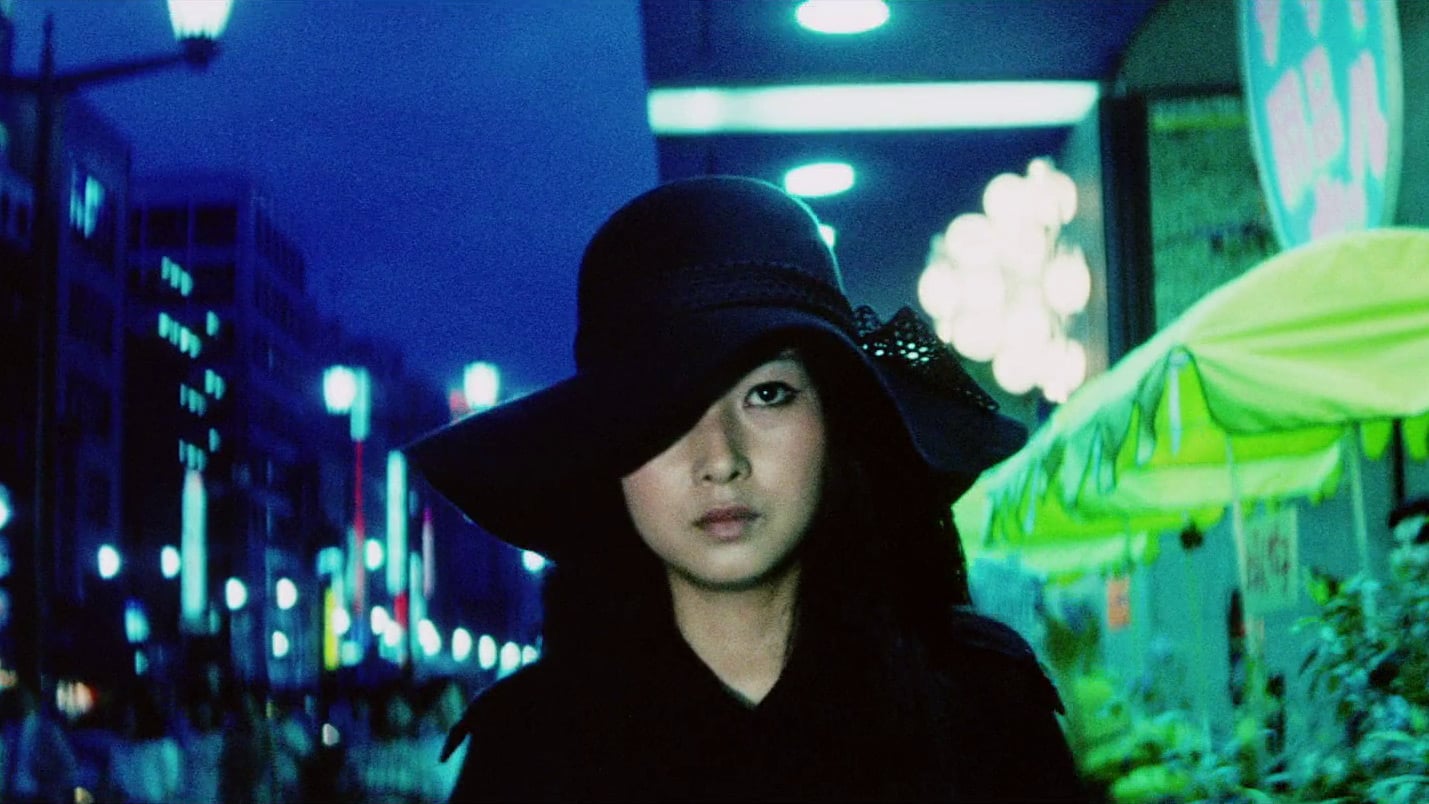
Pinku Eiga, the taboo territory for many enthusiasts of Japanese Cinema. What exactly is it? Are these pictures merely exploitation flicks? Where to begin with the genre? Let’s explore the intricacies of steamy tales straight from Japan together with Jasper Sharp, a film historian and the author of “Behind the Pink Curtain: The Complete History


